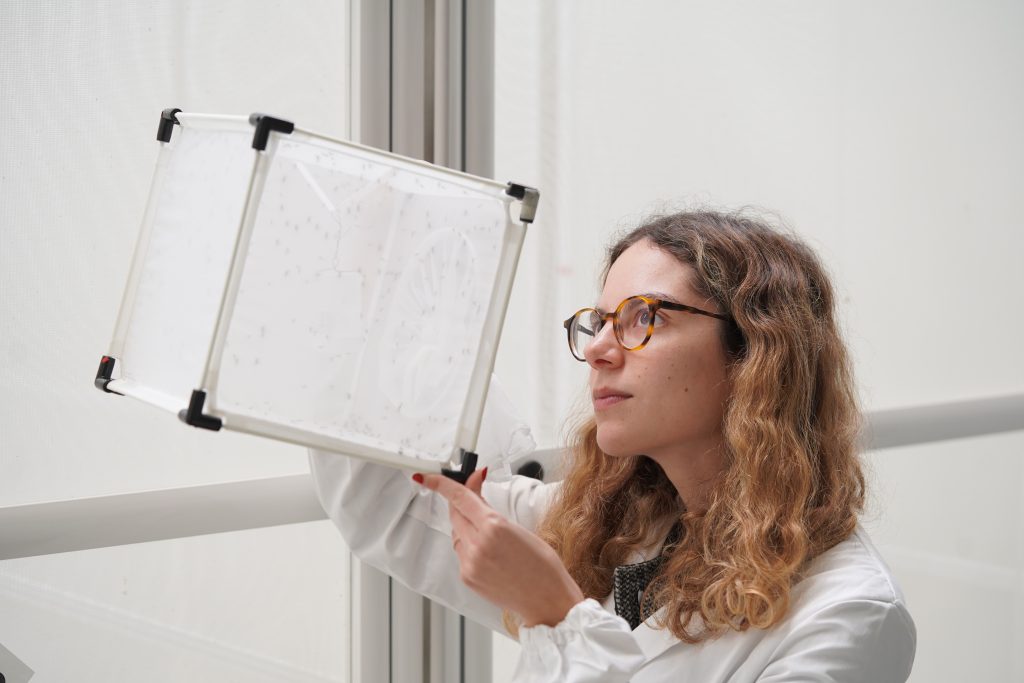Ciaran Jones and Matthew Acevski are final-year MSci students from the Department of Physics who helped model aspects of the JUICE mission, launching on 13 April, which will explore the icy moons orbiting Jupiter. In this blog post, they tell us the science behind Imperial’s instrument aboard the mission: JMAG.
By Ciaran Jones and Matthew Acevski
The European Space Agency’s Jupiter Icy Moons Explorer (JUICE) mission promises to be one of the most exciting feats in space exploration. Due to launch on 13 April 2023 onboard Arianespace’s Ariane 5 rocket, the spacecraft will use the gravitational fields of Venus and Earth to accelerate towards the outer Solar System. We expect JUICE to reach the Jupiter system by the early 2030s.
The key scientific objectives of JUICE are to characterise three of Jupiter’s moons: Ganymede, Europa, and Callisto to determine their potential habitability. We believe these moons contain liquid water, in the form of saltwater oceans, beneath their icy surfaces. And we know that water, as we know it on Earth, is a prerequisite for life to succeed. However, predictions for the thicknesses of these oceans are on the order of hundreds of kilometres – significantly more than Earth’s (a few kilometres).
(more…)
Read Imperial’s magnetometer is measuring saltwater oceans in Jupiter’s icy moons in full
